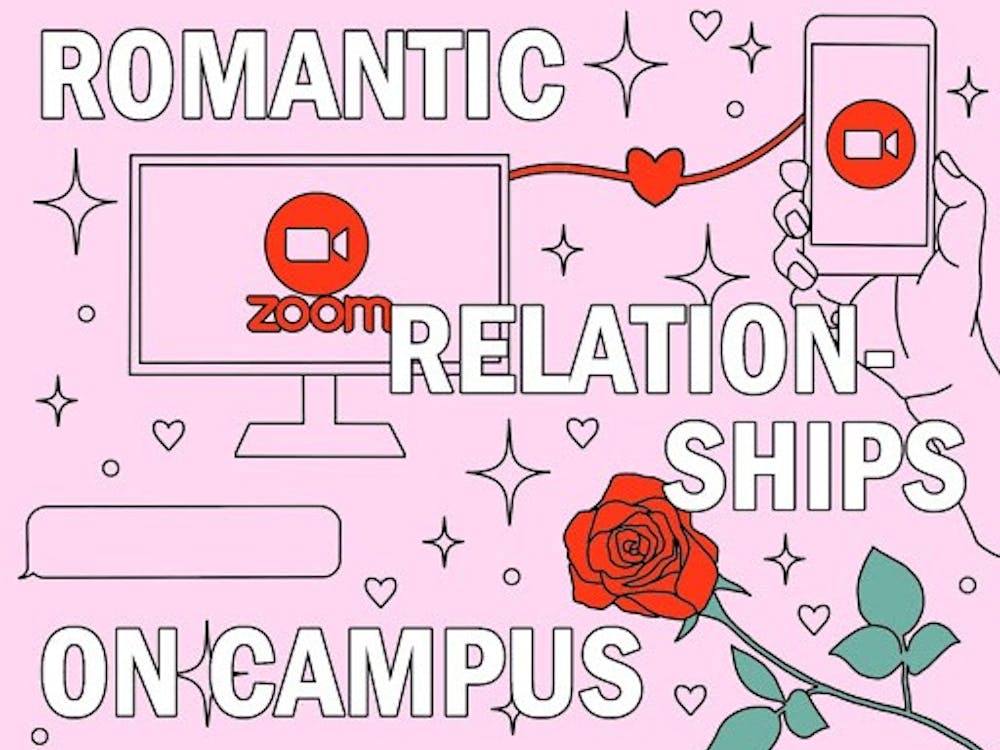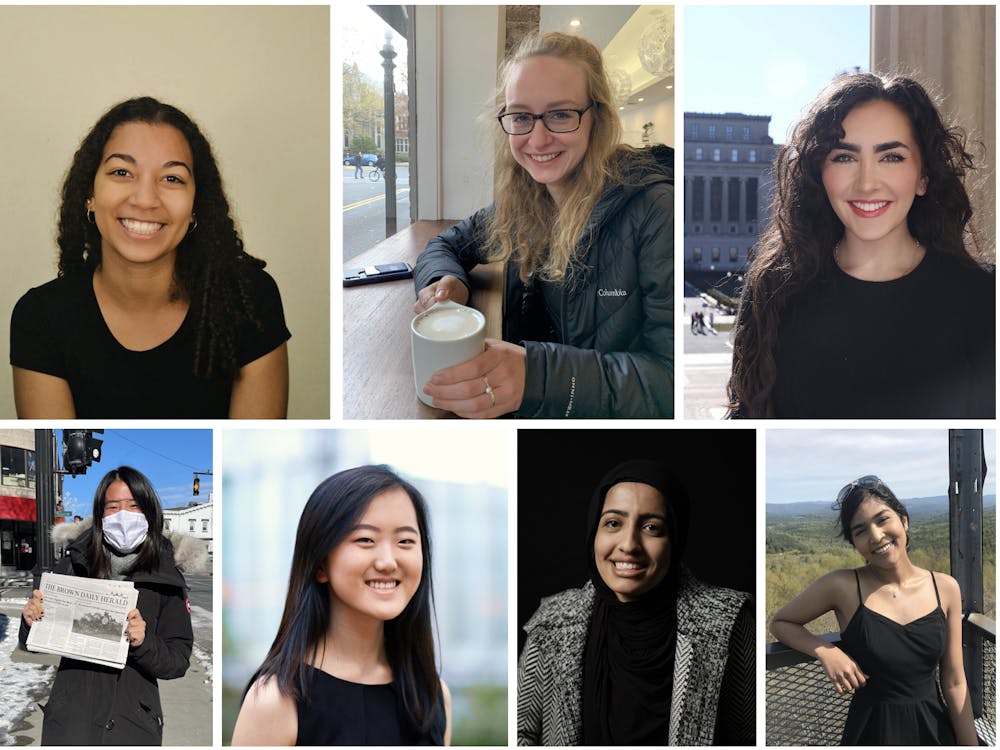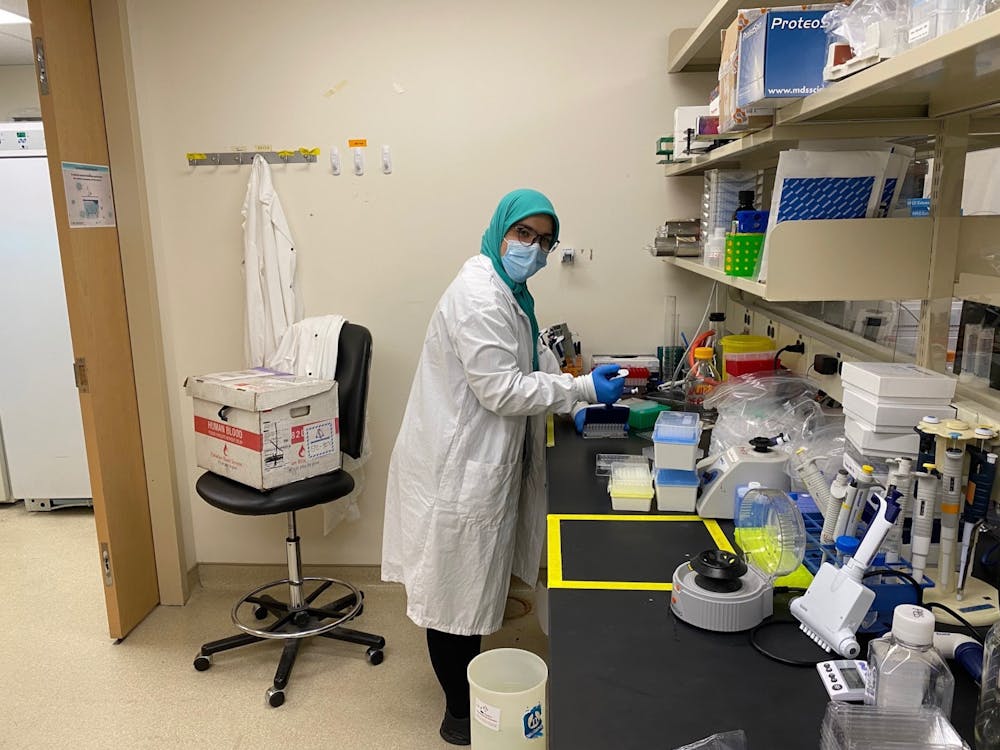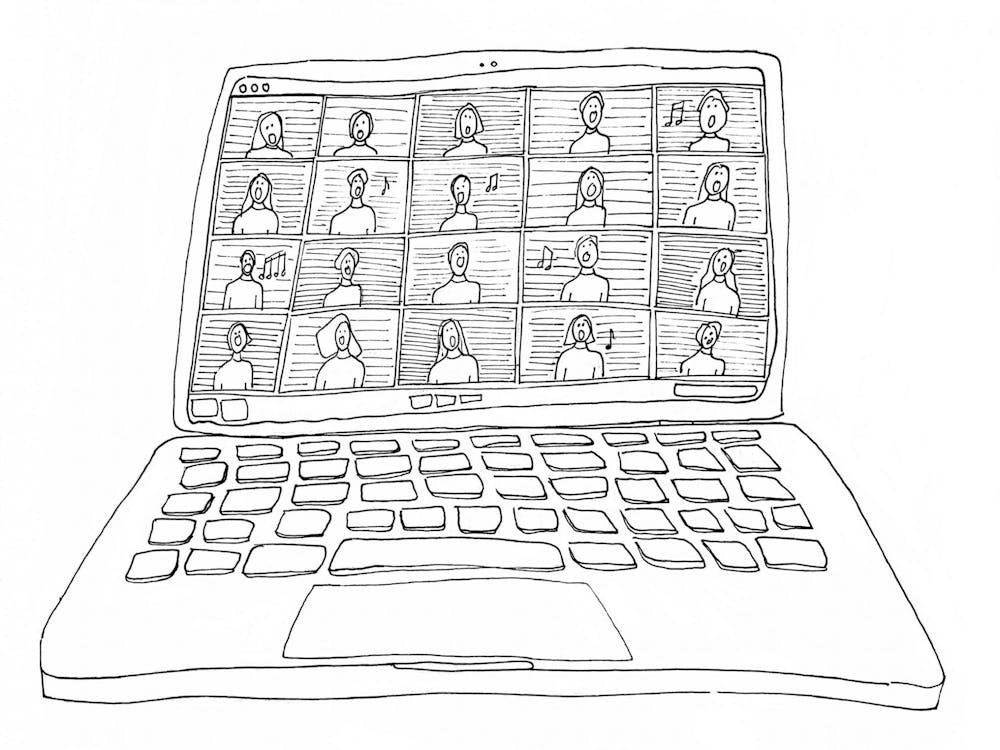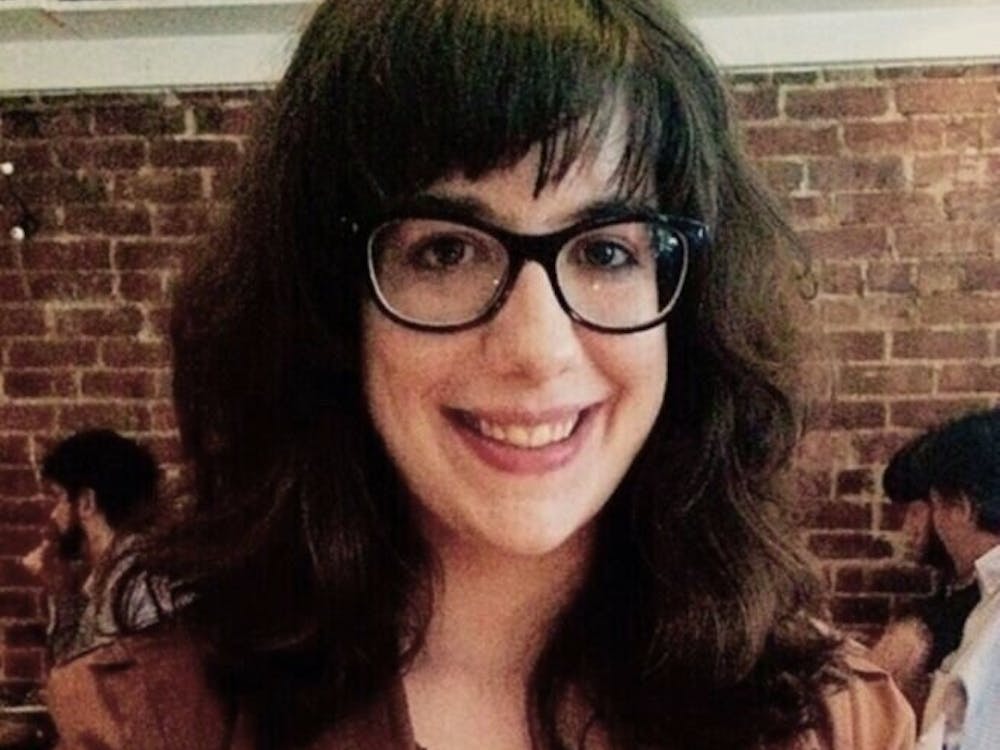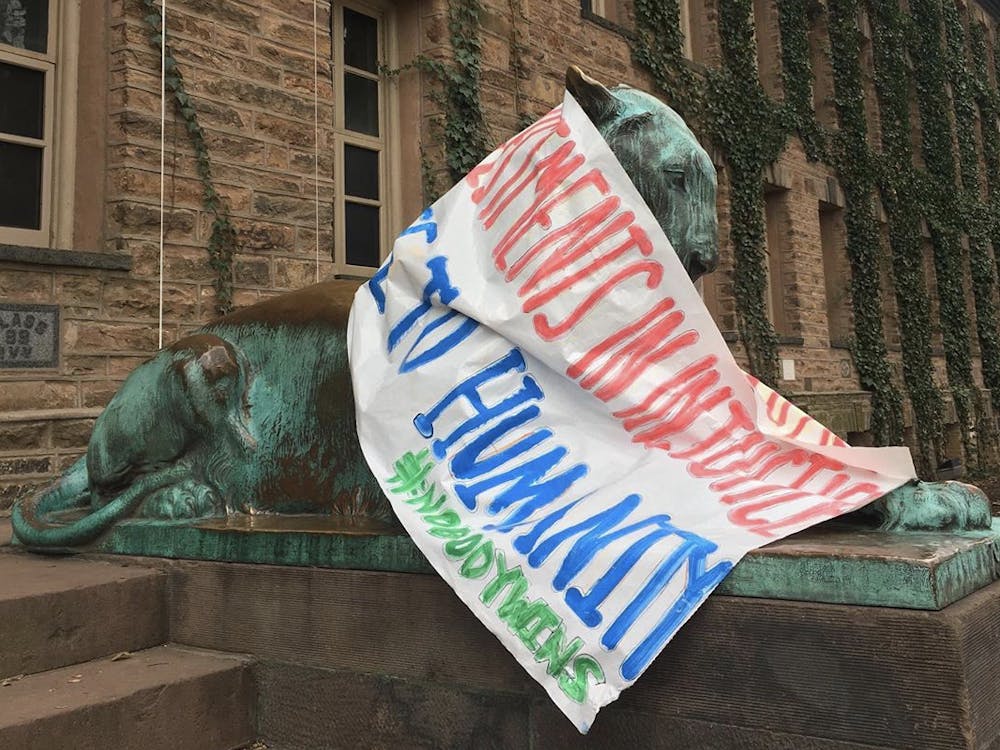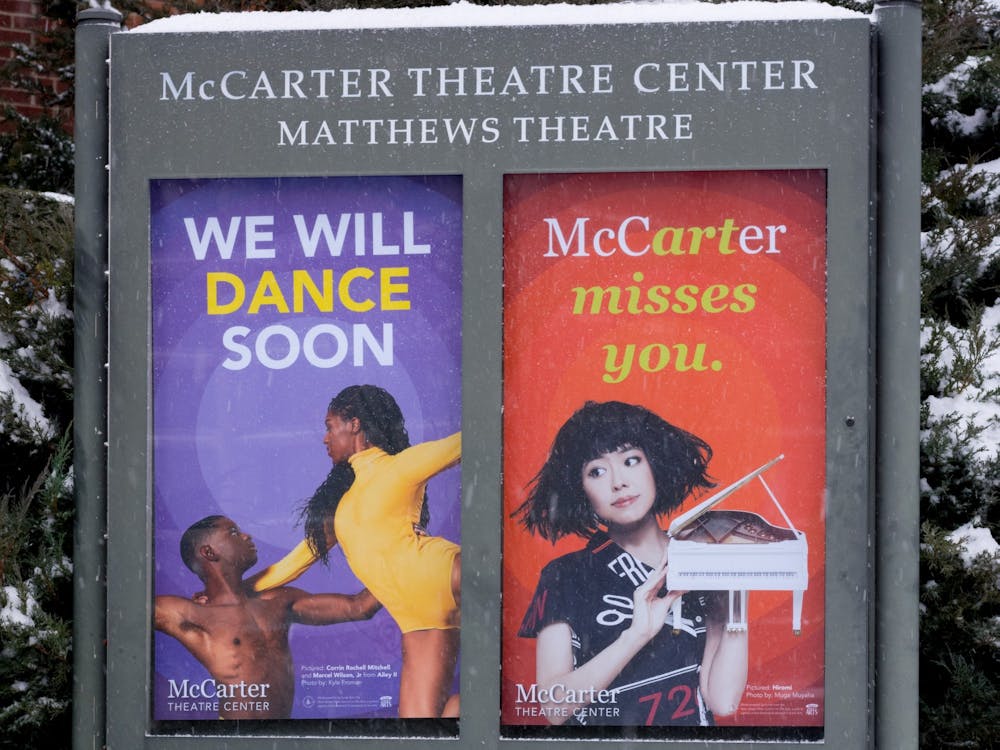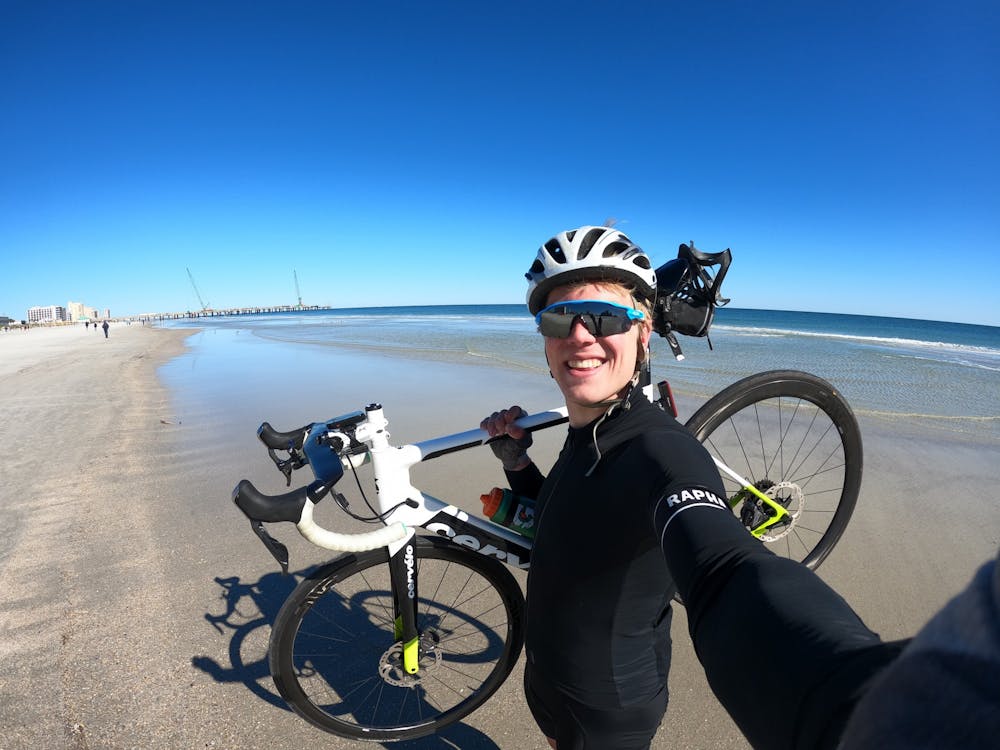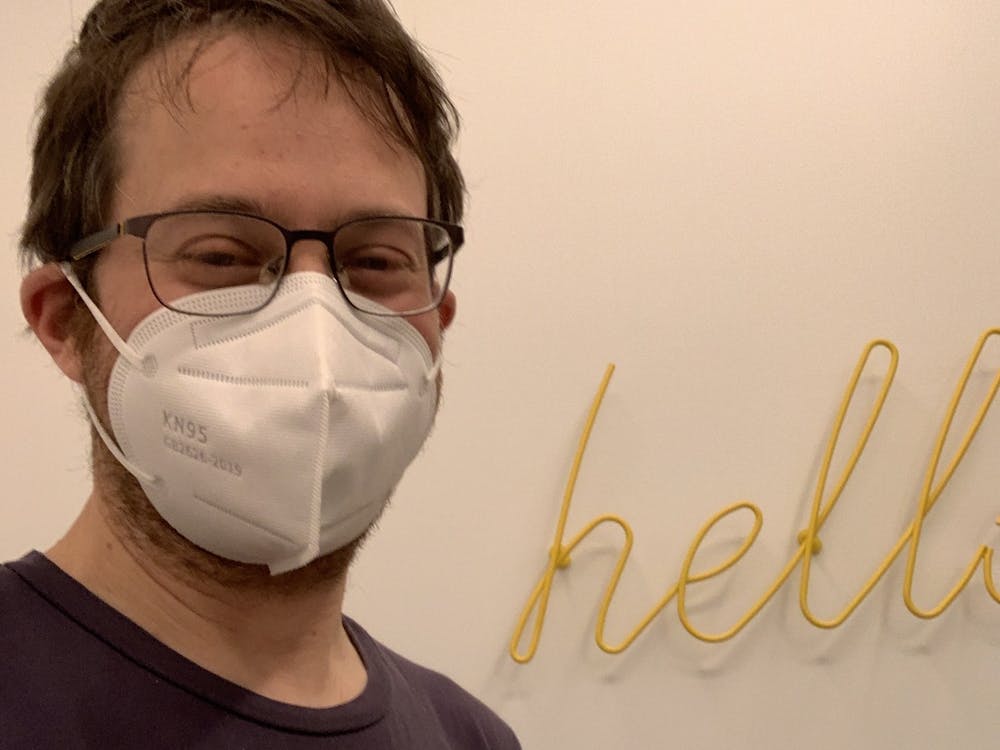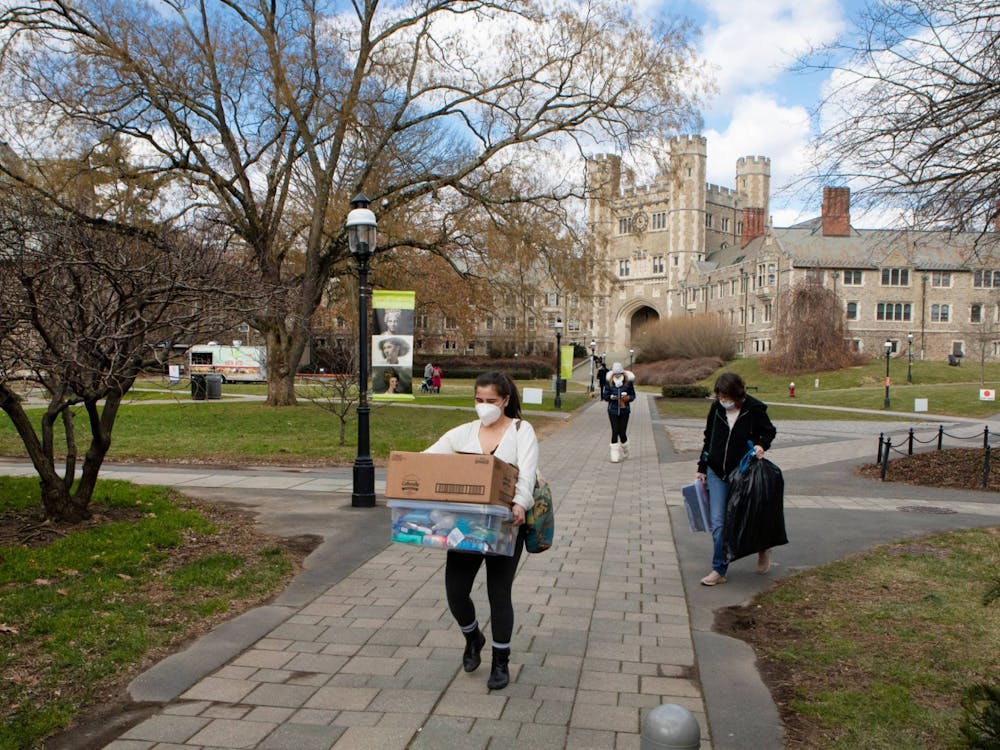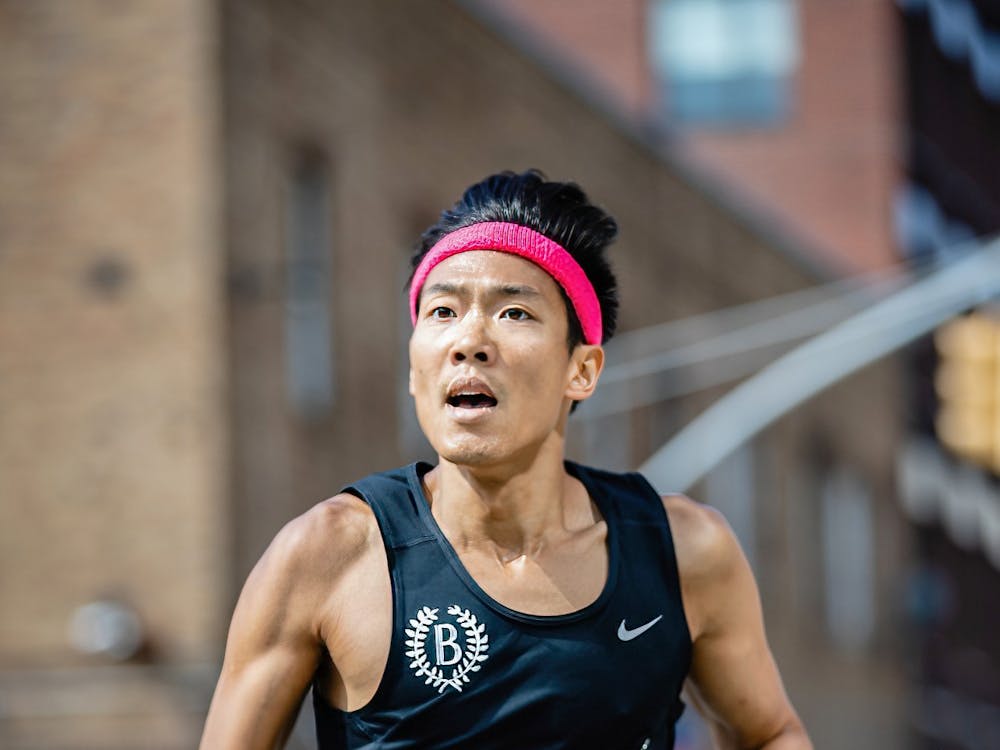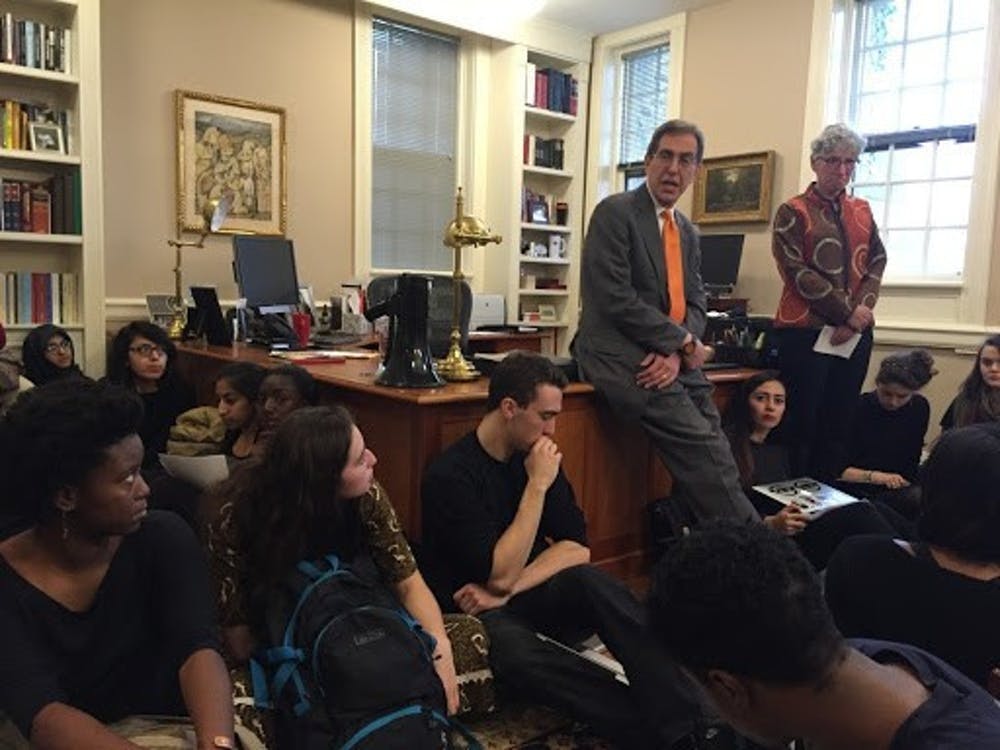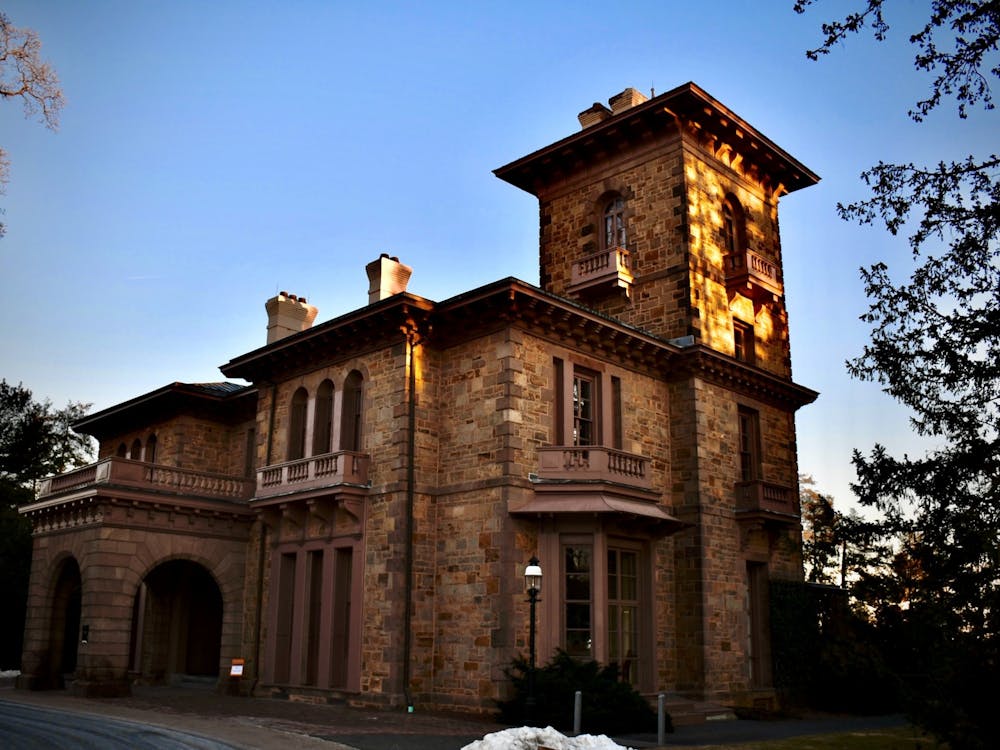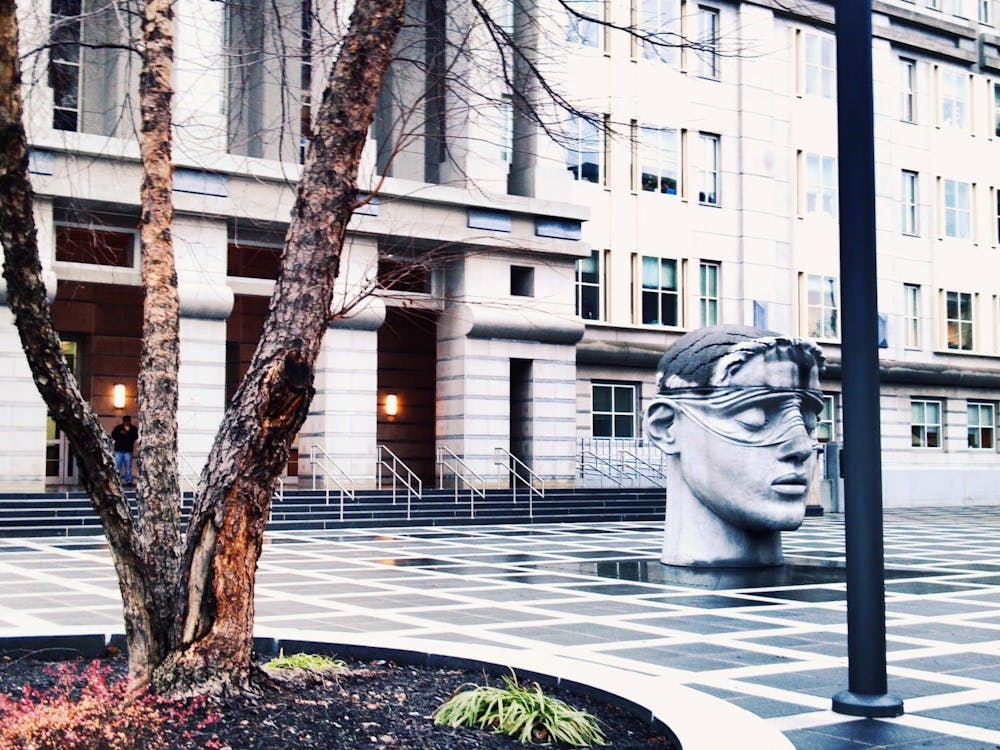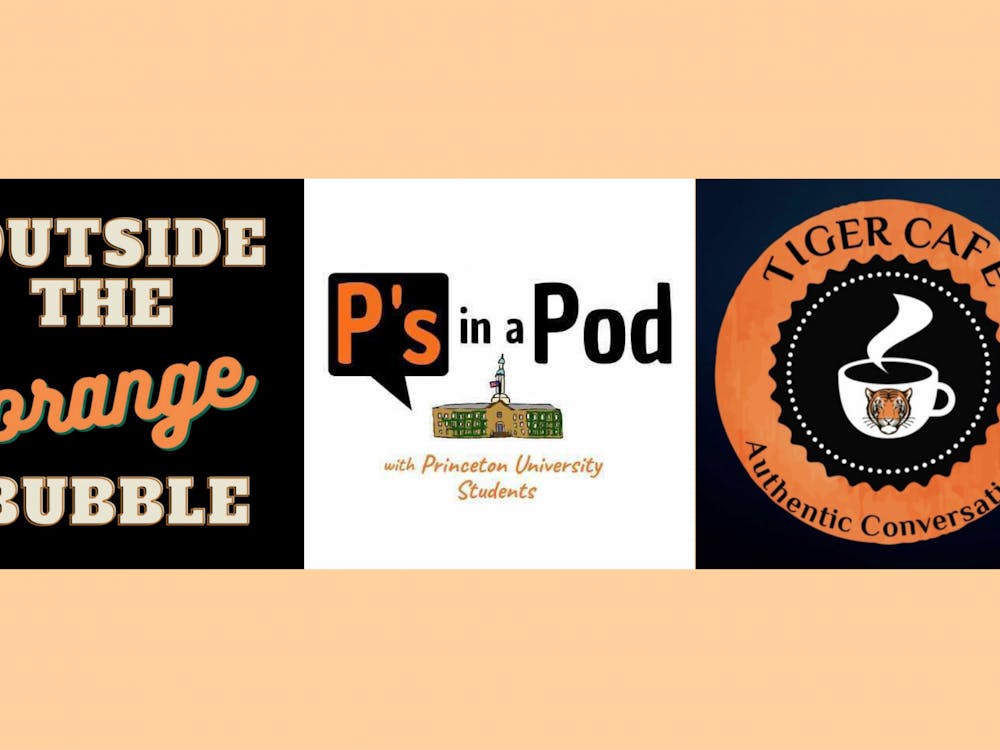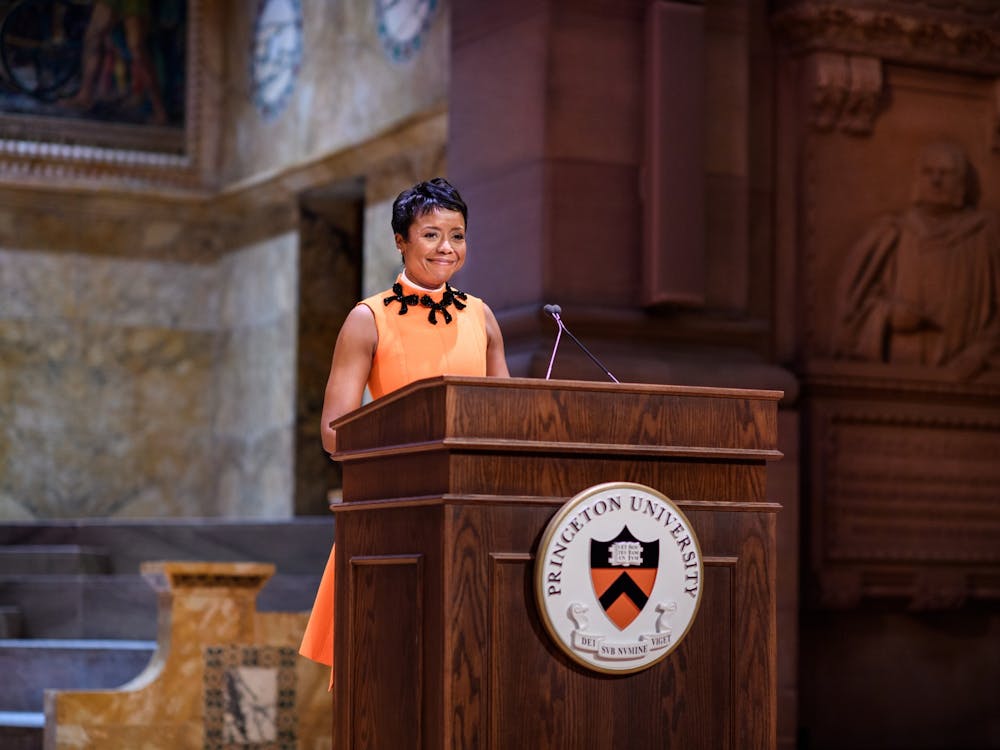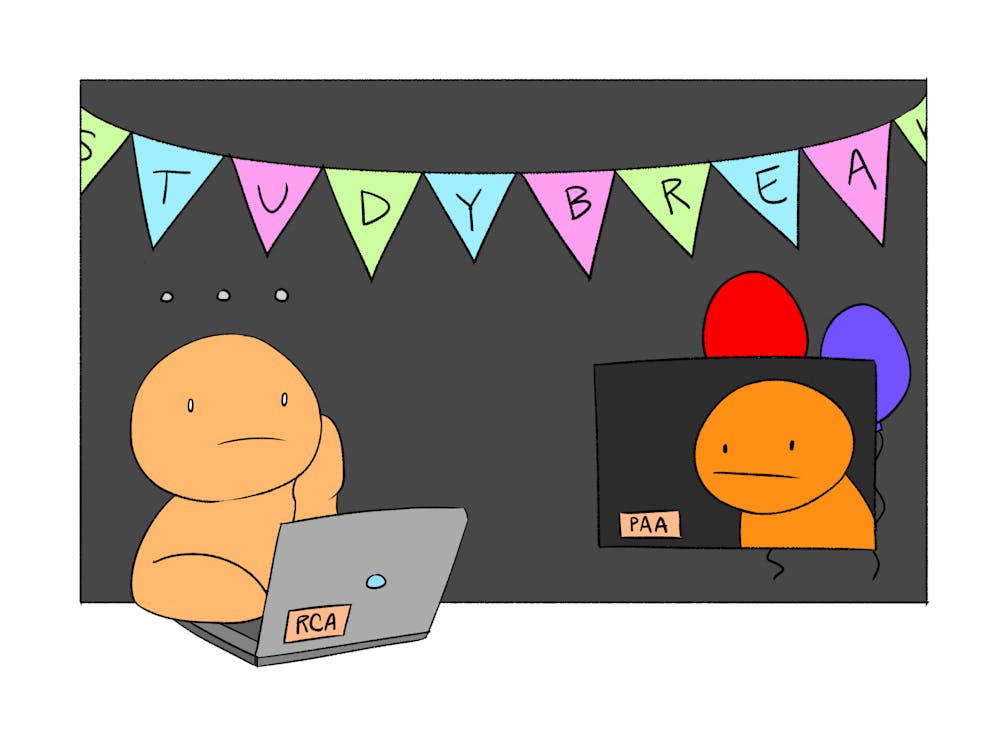Coupling Up on Campus: “Romantic partners” navigate a hybrid semester
Sydney Eck"This is easily the happiest I’ve ever been in my life,” said Elliot Lee '23 of his current relationship. In a time of enforced distance and isolation, couples, Residential College Advisors, a Peer Health Advisor, and one of the “Datamatch Supreme Cupids” weigh in on the challenges of campus dating.
"This is easily the happiest I’ve ever been in my life,” said Elliot Lee '23 of his current relationship. In a time of enforced distance and isolation, couples, Residential College Advisors, a Peer Health Advisor, and one of the “Datamatch Supreme Cupids” weigh in on the challenges of campus dating.





